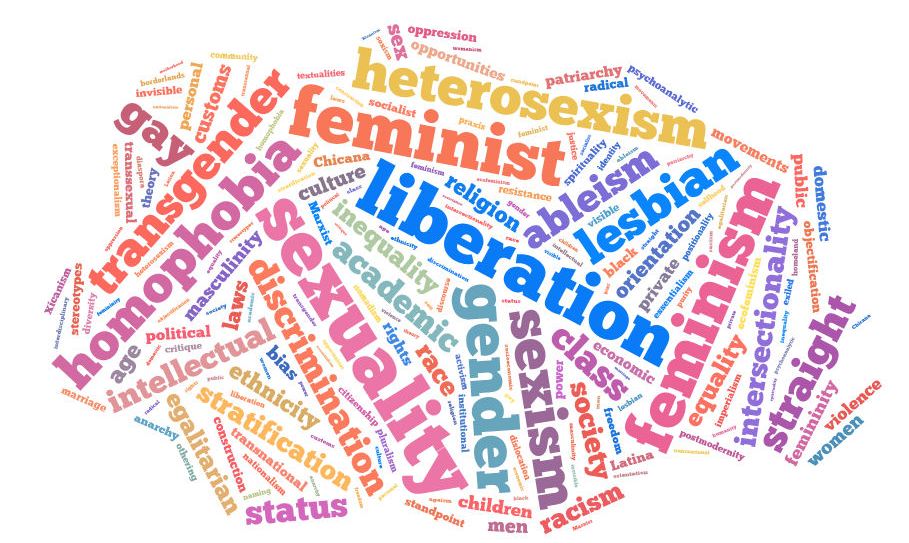By Katie Trinh
Dr. Imani Perry believes that feminists need to grapple with the complex structure of the patriarchy. Patriarchy includes the exclusion and suffering of women due to the domination of men. She claims that legal and economic relations in society are the foundation of patriarchy. There are three components that define patriarchy in the past and present: property holding men, legal personhood, and the privilege to appeal to the sovereign authority. Legal personhood refers to the fact that an individual is recognized as a right-bearing human being. One of Dr. Imani Perry’s main points is that women only have access to these benefits when they are attached to a patriarch. The system of the patriarchy is written into the law. Every aspect of feminist theory involves dismantling the patriarchy, and the patriarchy demonstrates how legal and economic institutions hold the most power and privilege.
Perry also discusses how although entrepreneurial women signify female progress, these women are perceived to be successful because of their “masculine” traits. There is a narrative that men fail professionally or economically because of the economic success of women. According to Perry, feminism is a complicated concept that many people do not grasp. Many people believe that feminism means having women replace men as the dominating gender. However, Perry takes the stance that women, especially feminists, should not try to dominate men; instead, feminists should take on ethical positions that are based on their understanding of oppression.
One of Perry’s main points is that patriarchy manifests as an entitlement that needs to be protected. She says that sexual allegations against men in power demonstrate how patriarchy is an entitlement. Many people argue that sexual allegations against men in power will “ruin their lives,” implying that their patriarchy and the privilege that comes with it needs to be protected. Perry also notes that any type of privilege acts as an entitlement for people. She provides the example of a white woman who accused a young black boy of groping her. Because the woman had the privilege of being white, she felt as though she was entitled to accuse a young black boy of sexual misconduct. Perry argues that we need to “read the layers” and look at how other factors besides gender, such as race, can contribute to relations in power. Perry’s point about adopting a language of intersectionality directly connects to Feminist and Gender Studies because this study revolves around the changing relationships between power and different factors of identity.
Overall, Perry asks us to recognize our own positions of privilege. She acknowledges that none of us have “clean hands.” Everyone is at a certain position of privilege at the expense of oppressed and marginalized people. Sill, Perry asks everyone to examine how their position of privilege can play a role in affecting change. To Perry, feminism means looking closer at how economic and legal institutions enforce this patriarchal system, and how we must take ethical positions to address these systems of oppression.

